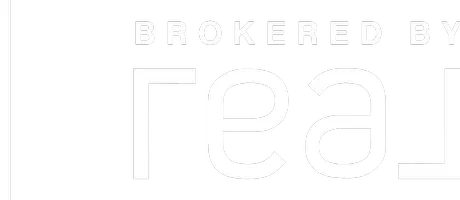The True Costs of Homeownership: What Every Buyer Should Know
Introduction
Owning a home is a dream for many, but it comes with more than just a mortgage payment. Beyond the initial purchase price, homeowners must budget for taxes, insurance, HOA fees, utilities, maintenance, and more. Understanding the full scope of homeownership costs ensures buyers make informed financial decisions.
Breaking Down Mortgage Payments
What Is a Mortgage Payment?
A mortgage payment is a monthly obligation that homeowners make to repay their home loan. It includes principal, interest, property taxes, and insurance.
Principal and Interest Breakdown
- Principal: The amount borrowed from the lender.
- Interest: The fee charged by the lender for borrowing money.
How Loan Term Affects Monthly Costs
- 15-year loan: Higher monthly payments, lower interest paid over time.
- 30-year loan: Lower monthly payments, more interest paid over time.

Property Taxes: An Ongoing Expense
How Property Taxes Are Calculated
Property taxes are based on the assessed value of the home and the local tax rate.
Regional Differences in Tax Rates
Tax rates vary by state and municipality, with some areas having significantly higher rates than others.
Homeowners Insurance: Essential Protection
What Homeowners Insurance Covers
Homeowners insurance typically covers damage to the home, personal property, and liability for accidents.
Average Cost of Home Insurance
The cost of insurance varies based on location, home value, and coverage levels.
Factors Affecting Insurance Premiums
- Location and risk factors (flood zones, natural disasters)
- Home age and condition
- Coverage limits and deductibles

HOA Fees: What You Need to Know
What Are HOA Fees?
Homeowners Association (HOA) fees are monthly or annual payments required in some communities to maintain shared spaces and services.
What HOA Fees Typically Cover
- Landscaping and common area maintenance
- Security services
- Amenities such as pools, gyms, and clubhouses
Pros and Cons of Living in an HOA Community
Pros: Maintained property values, amenities, community rules. Cons: Extra costs, restrictions on home modifications.
Utility Bills: Monthly Expenses to Consider
Electricity and Gas Costs
Energy bills fluctuate based on usage, weather, and energy efficiency.
Water, Sewer, and Trash Fees
Most municipalities charge for water, sewer, and waste collection.
How Energy Efficiency Can Save You Money
Investing in energy-efficient appliances and insulation can lower utility costs.
Maintenance and Repairs: Hidden Costs of Ownership

Routine Maintenance Costs
- HVAC servicing
- Roof inspections
- Plumbing and electrical upkeep
Emergency Repairs and Major Replacements
Unexpected expenses can include foundation repairs, plumbing leaks, or roof replacements.
Budgeting for Home Upkeep
Setting aside 1-2% of the home’s value annually for maintenance can help cover these costs.
Private Mortgage Insurance (PMI) and When You Need It
What Is PMI?
PMI is required for loans with less than a 20% down payment and protects the lender in case of default.
How to Avoid PMI
Making a 20% down payment or refinancing once equity reaches 20% can eliminate PMI costs.
Landscaping and Lawn Care: Keeping Your Home Exterior in Shape
DIY vs. Professional Landscaping
DIY landscaping can save money but requires time and effort. Professional services provide convenience but at a higher cost.
Costs of Lawn Maintenance Services
Lawn care costs depend on the size of the yard and frequency of service.
Renovations and Home Improvements
Budgeting for Future Upgrades
Homeowners should plan for kitchen, bathroom, or exterior renovations over time.
Which Renovations Add the Most Value?
- Kitchen remodels
- Bathroom upgrades
- Energy-efficient improvements
Moving Costs and Initial Expenses
Moving Services and DIY Moving Costs
Hiring professional movers is more expensive than renting a moving truck and handling the move yourself.
Furnishing Your New Home
New homeowners often spend thousands furnishing and decorating their homes.
The Cost of Owning vs. Renting
Key Differences in Expenses
- Renters avoid maintenance costs, property taxes, and HOA fees.
- Homeowners build equity but have additional financial responsibilities.
When Renting Might Be the Better Option
If financial stability or flexibility is a concern, renting may be a better choice.
How to Budget for the True Costs of Homeownership
Creating a Realistic Monthly Budget
Factor in mortgage, insurance, taxes, utilities, and maintenance to set a realistic budget.
Emergency Fund for Unexpected Expenses
Setting aside savings for unforeseen repairs and emergencies helps prevent financial strain.
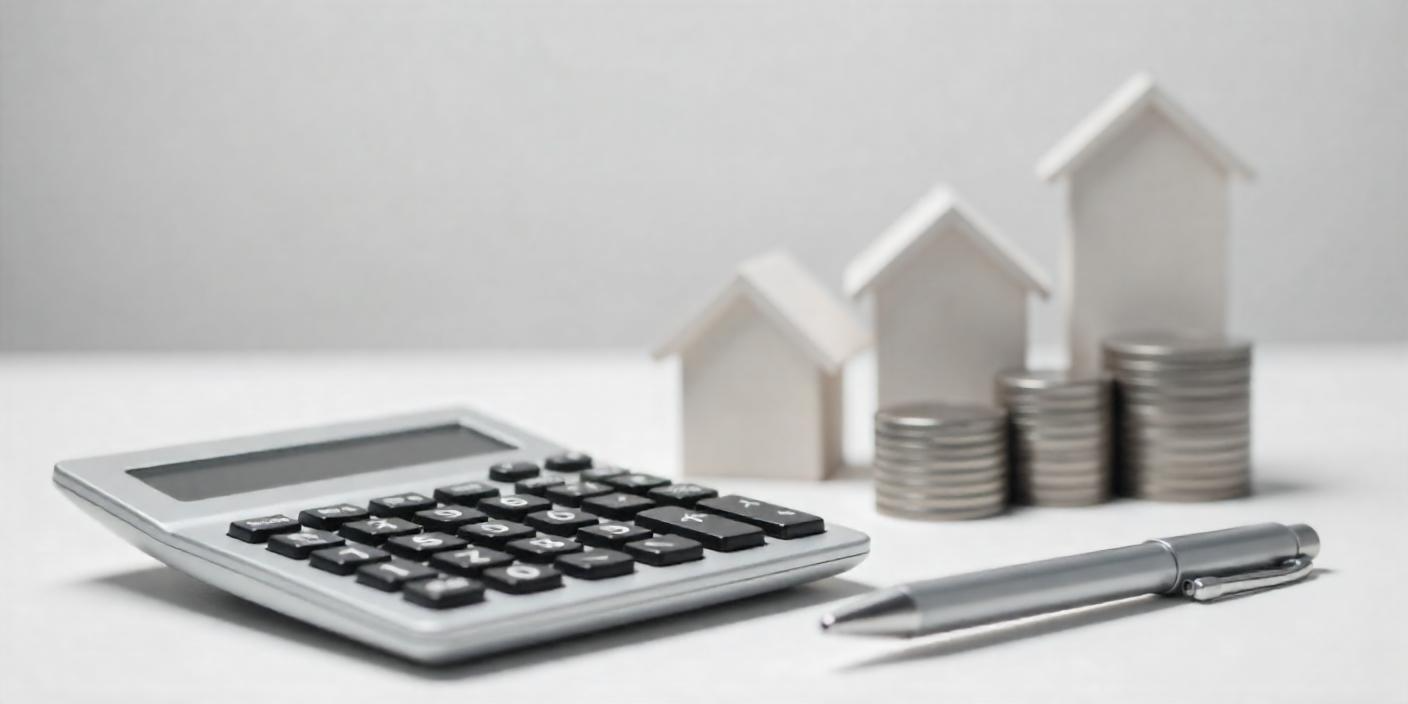
Conclusion: Making an Informed Homeownership Decision
Owning a home comes with both predictable and unexpected costs. Understanding mortgage payments, taxes, insurance, utilities, and maintenance expenses ensures buyers can make well-informed decisions. Budgeting carefully and planning for future costs will help homeowners manage their financial responsibilities effectively.
Ready to explore all the Gulf Coast lifestyle has to offer? Call or text us today—we’d love to share what makes it so special here and help you find your perfect piece of paradise!
Click here to save our contact info: https://dot.cards/kirkweingarten
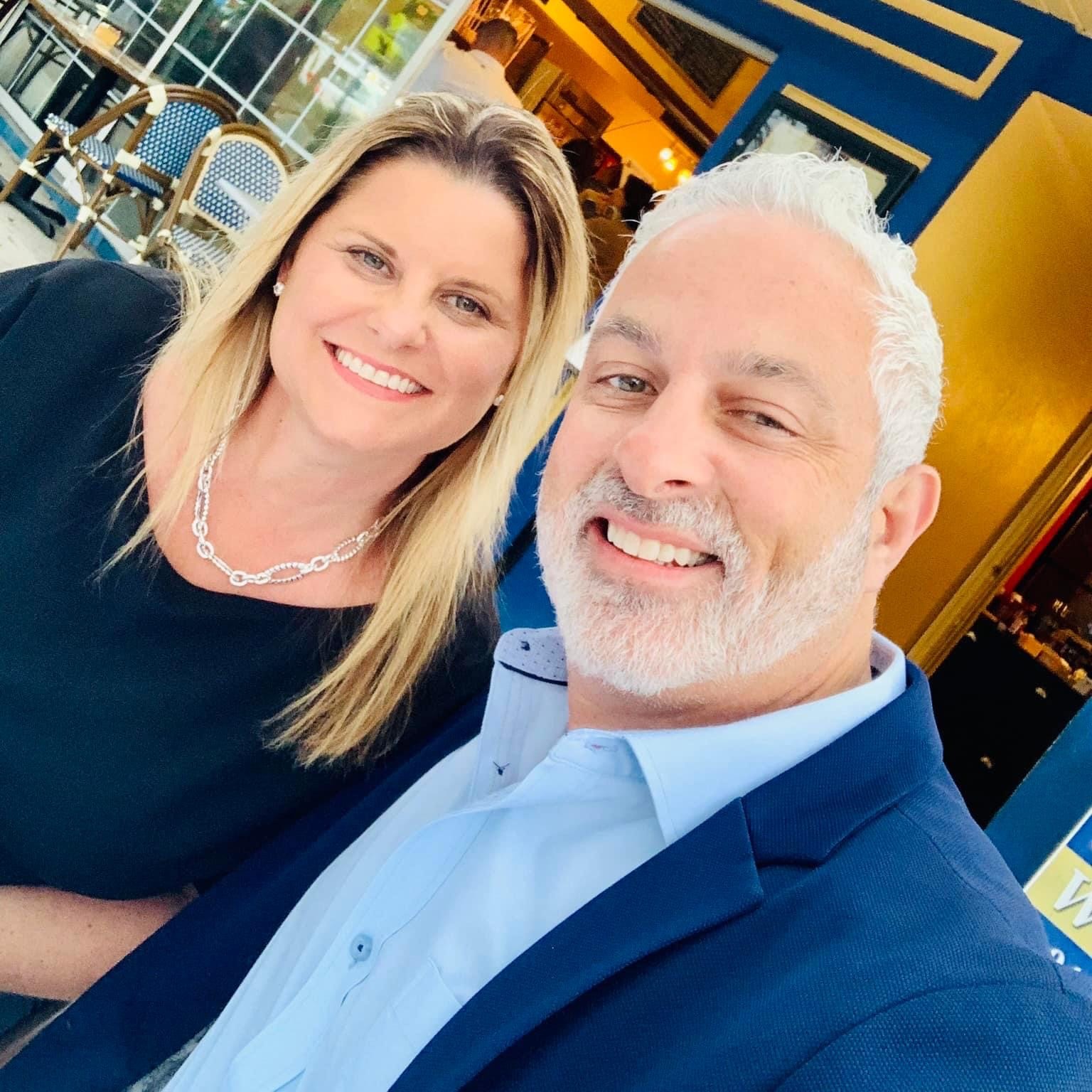
Categories
Recent Posts


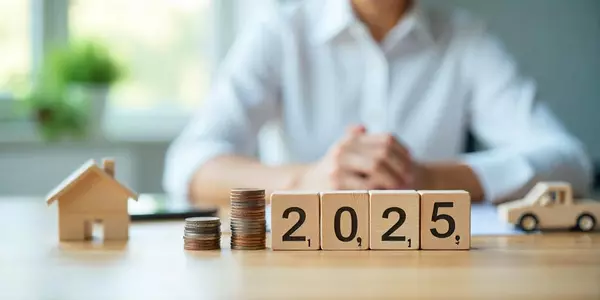
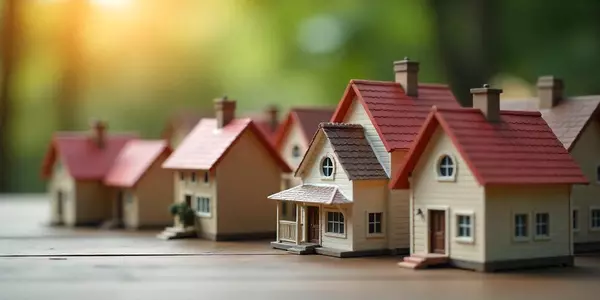


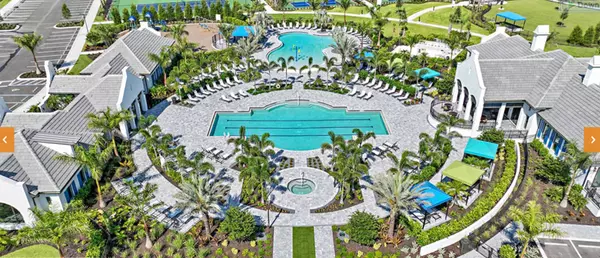

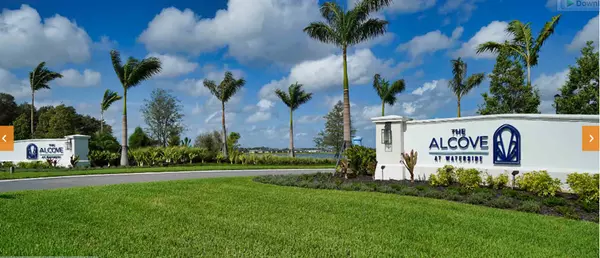

Contact Us Today
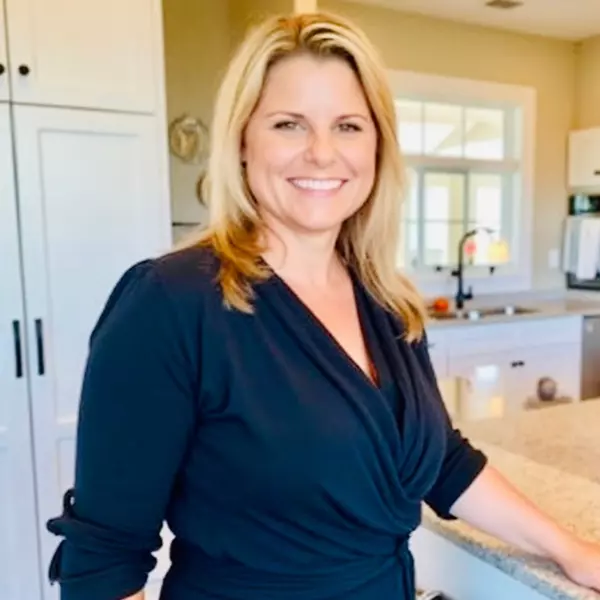
Real Estate Expert | License ID: SL3480387 ,SL347795 ,MA9510605
+1(941) 432-4141 | stacy.weingarten@joinreal.com

